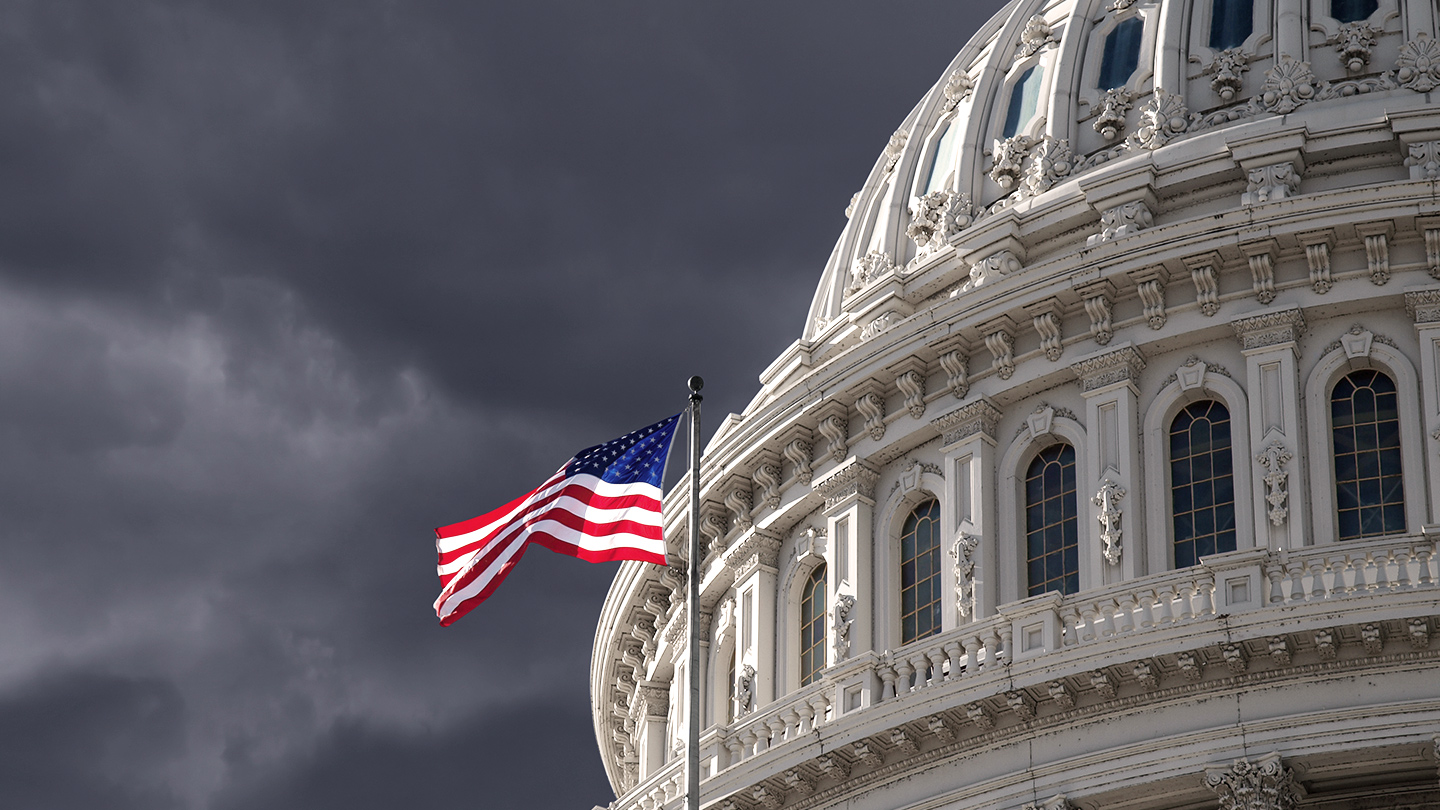
Key takeaways
- The U.S. government is unlikely to default on its debt. Congress has always acted to raise the debt limit.
- Past debt-ceiling debates show even the threat of a default can impact the economy.
- If the U.S. defaults on its debt, there could be catastrophic effects, including reduced public confidence and increased market volatility.
- Multifamily property owners can take steps now to prepare for a possible default.
As of January 2023, the Treasury Department began taking "extraordinary measures" to prevent the United States from defaulting on its debt. Although past congressional debt-ceiling talks have come to resolutions at the last hour, it's important to understand what happens if the U.S. defaults on its debt and what's at stake.
What is the debt ceiling?
The debt ceiling is the total amount of money the federal government is authorized to borrow to meet its existing legal obligations, such as Social Security and Medicare benefits, military salaries, interest on the national debt and tax refunds, according to the Treasury Department.
How likely is a U.S. debt default?
Unlikely, according to several economists. The U.S. has always paid its debt and external obligations, even when one political party holds White House and the other controls at least one house of Congress. "While we have a highly polarized Congress negotiating, it isn't in either party's interest to let a default happen," said Ginger Chambless, Head of Research for Commercial Banking at JPMorgan Chase.
"There will be much drama leading to approvals of debt ceilings, with some internal defaults like postponed payments to government employees or closures of national parks, but it's likely to be approved," said Victor Calanog, Head of Commercial Real Estate Economics at Moody's Analytics.
How much damage would a default cause?
"If we have a debt default, all bets are off," said Al Brooks, Head of Commercial Real Estate for JPMorgan Chase.
Calanog and Chambless agreed: A default could be devastating.
"An actual default will throw into question the entire creditworthiness of the United States and likely lead to further rate increases to justify increased risks that bondholders will now have to consider," Calanog said. "That will roil capital markets—not just for multifamily and commercial real estate, but every asset class."
"If the U.S. did default on its debt, it could cause a loss of public confidence and market volatility—especially Treasury rates," Chambless said.
Moody's Analytics estimates an economic downturn caused by the current political impasse could be comparable to the global financial crisis. Real GDP would decline more than 4%, costing the economy more than 7 million jobs and the unemployment rate could climb to over 8%. Stock prices could be cut by nearly a fifth, eliminating $10 trillion in household wealth.
Is economic damage done prior to a default?
Yes. Merely the threat of a default can have major impacts. For example, the 2011 debt-ceiling debate:
- Increased borrowing costs by $1.3 billion in Fiscal Year 2011
- Contributed to Standard & Poor's downgrade of the country's credit rating
How can multifamily property owners prepare for a default?
It's unlikely the U.S. government will default on its debt. But given the damage that can be done by the threat of a default, multifamily investors may want to:
- Avoid overleveraging their properties: While rising interest rates can make it difficult, don't overleverage properties. "Lay out a nice cushion above and beyond your debt, so you can pay expenses, pay down debt and continue to accrue liquidity," Brooks said.
- Switch to a fixed rate: "I think it's always smart to take risks you can take off the table," Brooks said. "If you're coming up on a maturity and can make decent returns on your money, switching to a fixed rate could be a smart thing to do." For example, multifamily property investors hesitant to make the shift could consider a shorter fixed rate—five years instead of 10.
Amid debt ceiling debates, the market remains uncertain. Find out how multifamily investors can prepare for a recession.
JPMorgan Chase Bank, N.A. Member FDIC. Visit jpmorgan.com/commercial-banking/legal-disclaimer for disclosures and disclaimers related to this content.







